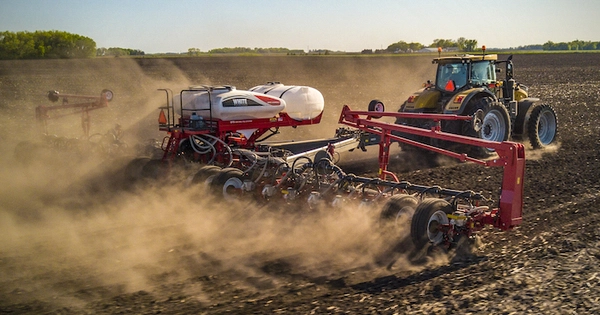Liquid plant manure, sometimes referred to as liquid fertilizer or liquid plant food, is a nutrient-dense solution that contains critical ingredients for plant growth. These are fermented extracts of plant material used mostly as fertilizers, but also for insect control, plant strengthening, and other phytosanitary applications. Traditionally, it is made through open fermentation with regular stirring. However, Éric Petiot, the author of a famous current textbook on the subject, urges avoiding all contact with oxygen.
The best recognized is nettle water, which is often produced from stinging nettles. Other popular varieties are manufactured from comfrey or horsetail. This sort of fertilizer is liquid, so it can be applied to plants in a variety of ways, including spraying, watering, and injecting. Liquid plant manure normally comprises a well-balanced mix of important nutrients such as nitrogen (N), phosphorus (P), potassium (K), and other trace elements required by plants for proper development.
Here are some key points about liquid plant manure:
- Nutrient Content: Liquid plant manure can be formulated to contain specific ratios of nutrients based on the needs of different types of plants or the growth stage of a particular crop.
- Quick Absorption: Because the nutrients are in liquid form, they can be quickly absorbed by plant roots, providing a faster response compared to granular fertilizers.
- Foliar Feeding: Liquid fertilizers are often used for foliar feeding, where the solution is sprayed directly onto the leaves. This allows plants to absorb nutrients through their stomata, providing a rapid nutrient boost.
- Convenience: Liquid plant manure is convenient to use and easy to apply, making it suitable for both small and large-scale gardening or farming operations.
- Customization: Some liquid fertilizers are available commercially, while others can be homemade by combining water-soluble fertilizers with water. This allows for customization based on the specific needs of the plants being grown.
Precision Application
Liquid fertilizers can be sprayed with precision, focusing on specific areas or plants as needed. This is especially useful in situations when some plants require more nutrients than others. It is often used in hydroponic systems, in which plants grow without soil and receive all of their nutrients from nutrient-rich water solutions.
It is critical to follow specified application rates and recommendations to avoid over-fertilization, which can cause nutrient imbalances and plant injury. Furthermore, regular soil testing can assist assess the particular nutrient requirements of the soil and plants, allowing for more focused fertilizer applications.
















